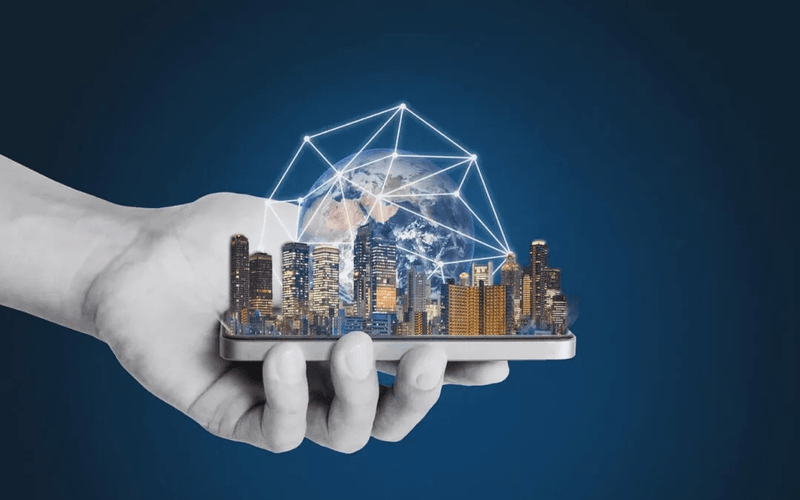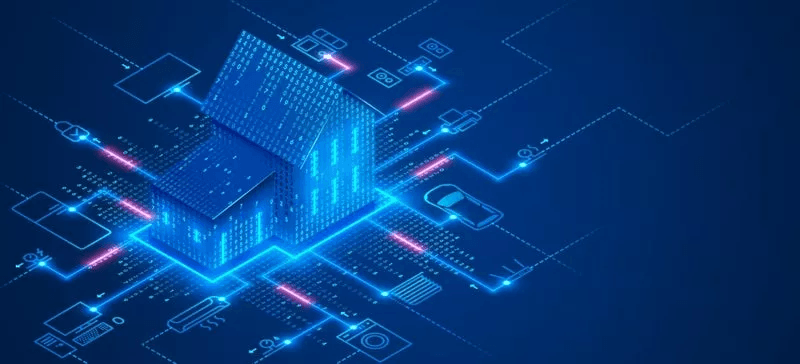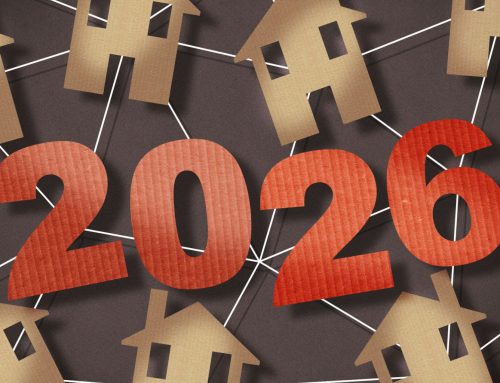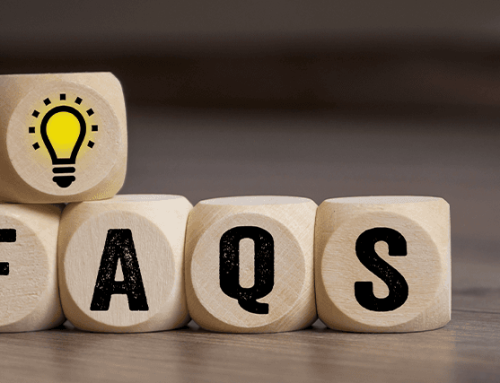In the ever-evolving landscape of real estate, blockchain technology has emerged as a game-changer, revolutionizing property transactions and redefining industry standards. This transformative technology is not only streamlining processes but also enhancing security, transparency, and efficiency in real estate transactions. Let's delve into how blockchain is unlocking the future of real estate and reshaping property transactions as we know them.

Understanding Blockchain in Real Estate
Blockchain, often associated with cryptocurrencies like Bitcoin, is a decentralized digital ledger that records transactions across multiple computers in a secure and transparent manner. Each transaction, or "block," is linked to the previous one, creating a chain of blocks that is immutable and tamper-proof. This technology eliminates the need for intermediaries, reduces transaction costs, and provides a verifiable record of ownership and transaction history.

REAL ESTATE MARKETING NEWS
Receive directly into your inbox!
Receive news about Real Estate Marketing, trend & analysis, tutorials... Let's subscribe today it's totally free and may help you to boost your business!
Enhanced Security and Transparency
One of the key benefits of blockchain in real estate is its robust security features. The use of cryptographic algorithms and decentralized storage ensures that property records and transactions are secure from unauthorized access and tampering. This transparency instills trust among stakeholders, mitigates fraud risks, and provides a reliable source of truth for property ownership and history.
Smart Contracts for Automated Transactions
Blockchain enables the implementation of smart contracts, self-executing agreements with predefined conditions and actions. In real estate, smart contracts automate various aspects of property transactions, such as payment processing, escrow services, and title transfers. This automation reduces reliance on intermediaries, minimizes processing time, and eliminates potential errors or disputes.
Fractional Ownership and Tokenization
Blockchain technology facilitates fractional ownership and tokenization of real estate assets. Through tokenization, properties can be divided into digital tokens representing ownership shares. Investors can then buy, sell, and trade these tokens on blockchain-based platforms, unlocking liquidity and accessibility in real estate investments. This democratization of ownership expands investment opportunities and diversification for individuals and institutions alike.
The Impact of Blockchain on Property Transactions
The adoption of blockchain technology is reshaping the entire lifecycle of property transactions in real estate.

Simplified Due Diligence and Title Verification
Blockchain simplifies due diligence processes by providing a transparent and immutable record of property ownership, liens, and encumbrances. Title verification becomes more efficient and reliable, reducing the time and resources required for property transfers. This streamlined process benefits buyers, sellers, and intermediaries involved in real estate transactions.
Global Accessibility and Cross-Border Transactions
Blockchain transcends geographical boundaries, enabling global accessibility to real estate markets. Investors can participate in cross-border transactions seamlessly, without the traditional barriers of currency conversions, legal complexities, and intermediary fees. This global reach expands market liquidity, diversifies investment portfolios, and fosters international collaboration in real estate ventures.
Data Management and Property Records
Blockchain-based property registries and data management systems ensure the integrity and accuracy of property records. By digitizing documents, contracts, and transactions on a distributed ledger, stakeholders can access real-time information, track changes, and maintain a comprehensive audit trail. This digitization enhances data security, reduces paperwork, and facilitates efficient property management.
Embracing the Future of Real Estate with Blockchain
As blockchain continues to evolve, its potential to revolutionize real estate transactions is limitless.

Integration with Emerging Technologies
Blockchain technology synergizes with other emerging technologies, such as Internet of Things (IoT), artificial intelligence (AI), and big data analytics, to create smart and interconnected real estate ecosystems. IoT sensors can monitor property conditions, AI algorithms can analyze market trends, and big data analytics can optimize investment strategies, all powered by blockchain-enabled data integrity and security.
Regulatory Considerations and Industry Collaboration
The adoption of blockchain in real estate requires collaboration among industry stakeholders, regulatory bodies, and technology providers. Establishing standards, protocols, and regulatory frameworks for blockchain-based transactions is essential to ensure compliance, transparency, and trust in the real estate market. Industry associations, government agencies, and blockchain consortia play a vital role in driving adoption and fostering innovation in real estate blockchain solutions.
Sustainable and Decentralized Real Estate Models
Blockchain promotes sustainability and decentralization in real estate by facilitating peer-to-peer transactions, community-driven initiatives, and tokenized ownership structures. Decentralized finance (DeFi) platforms built on blockchain enable crowdfunding, lending, and investment in real estate projects, democratizing access to capital and empowering individuals to participate in sustainable development initiatives.
In conclusion, blockchain technology is reshaping property transactions in real estate, unlocking new opportunities, efficiencies, and possibilities for stakeholders across the industry. Embracing blockchain-driven solutions not only enhances transparency, security, and trust but also paves the way for a more inclusive, resilient, and innovative real estate ecosystem. As we navigate the digital age, blockchain remains at the forefront of revolutionizing how we buy, sell, and manage properties, heralding a future of decentralized, transparent, and interconnected real estate markets.






